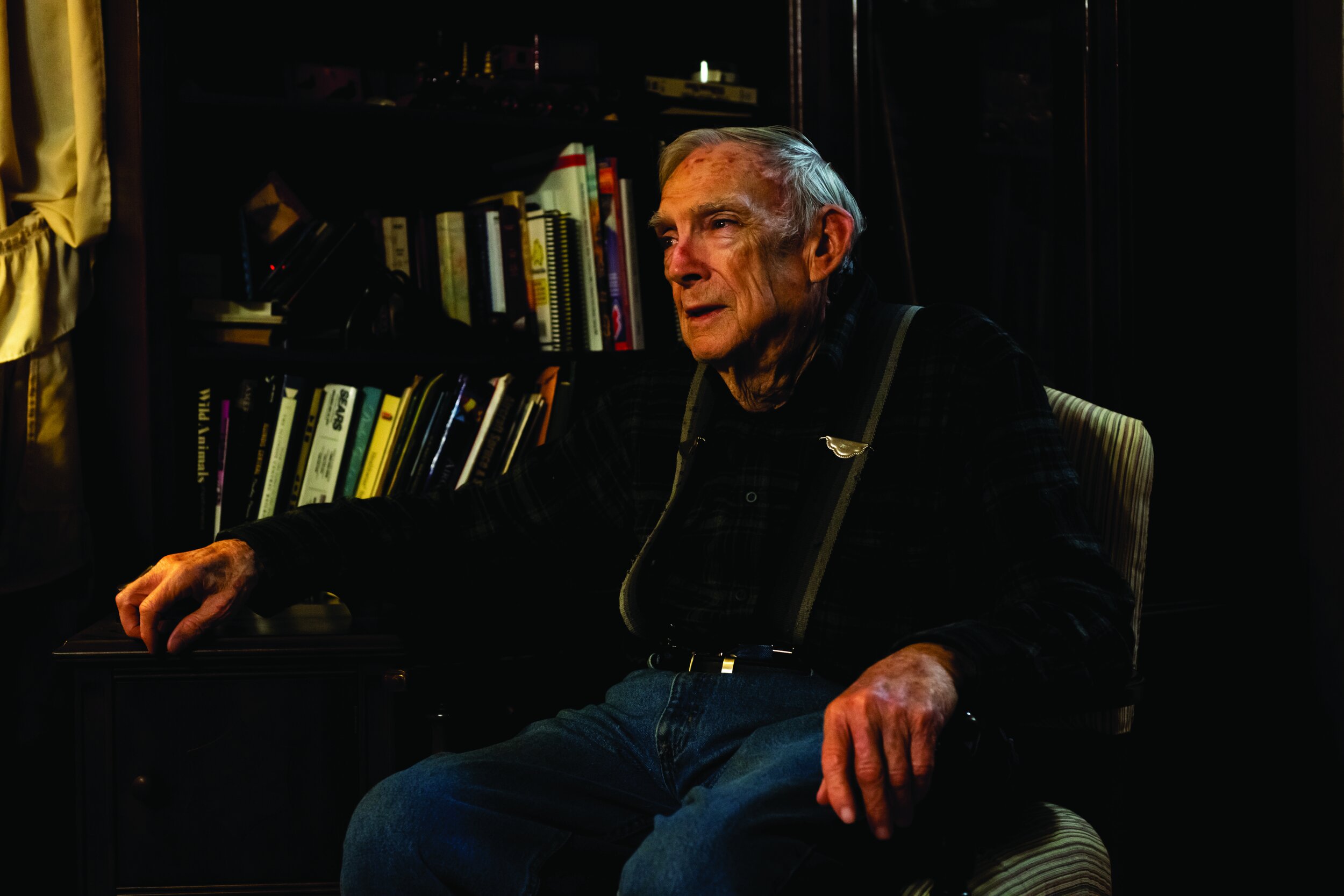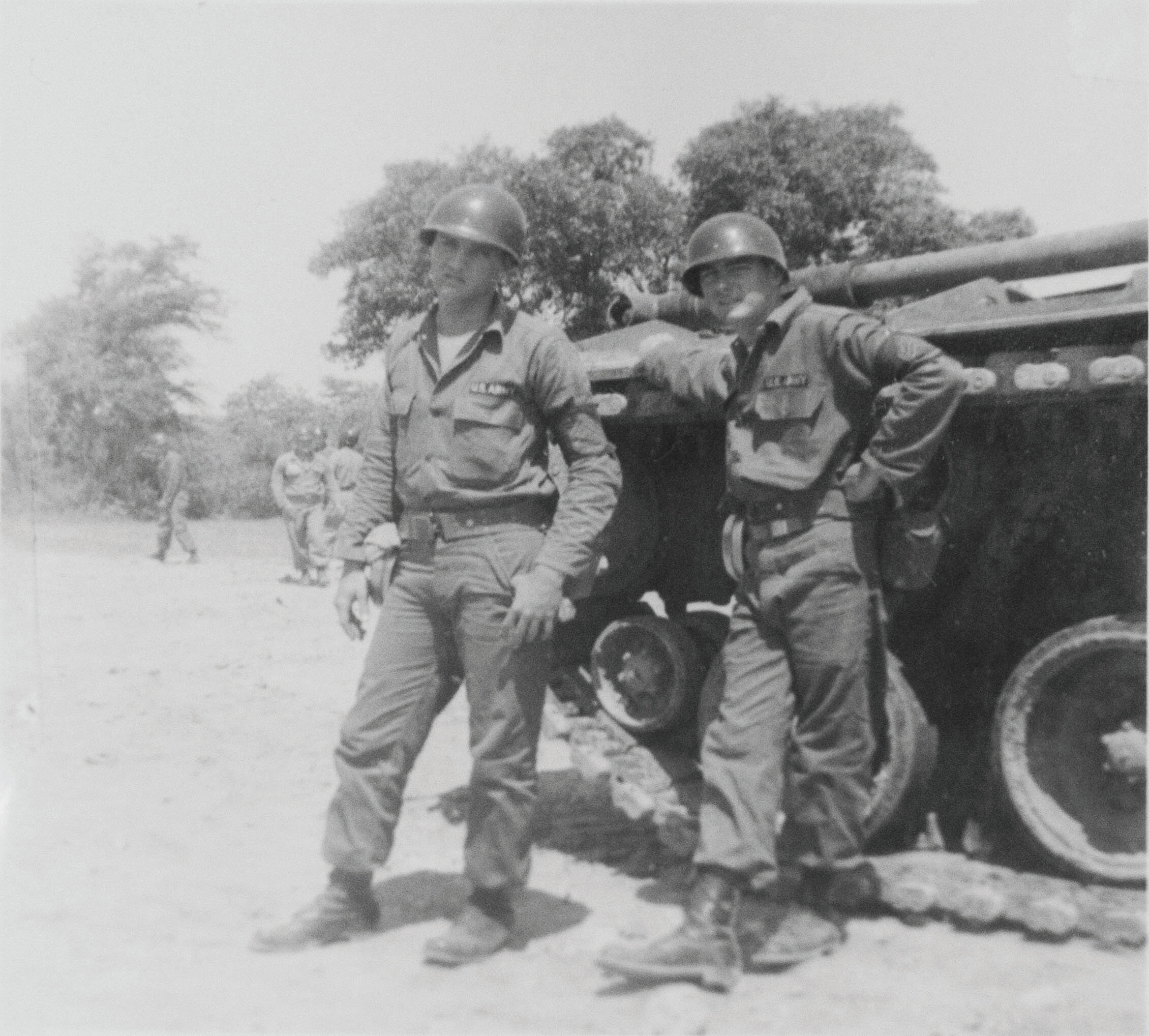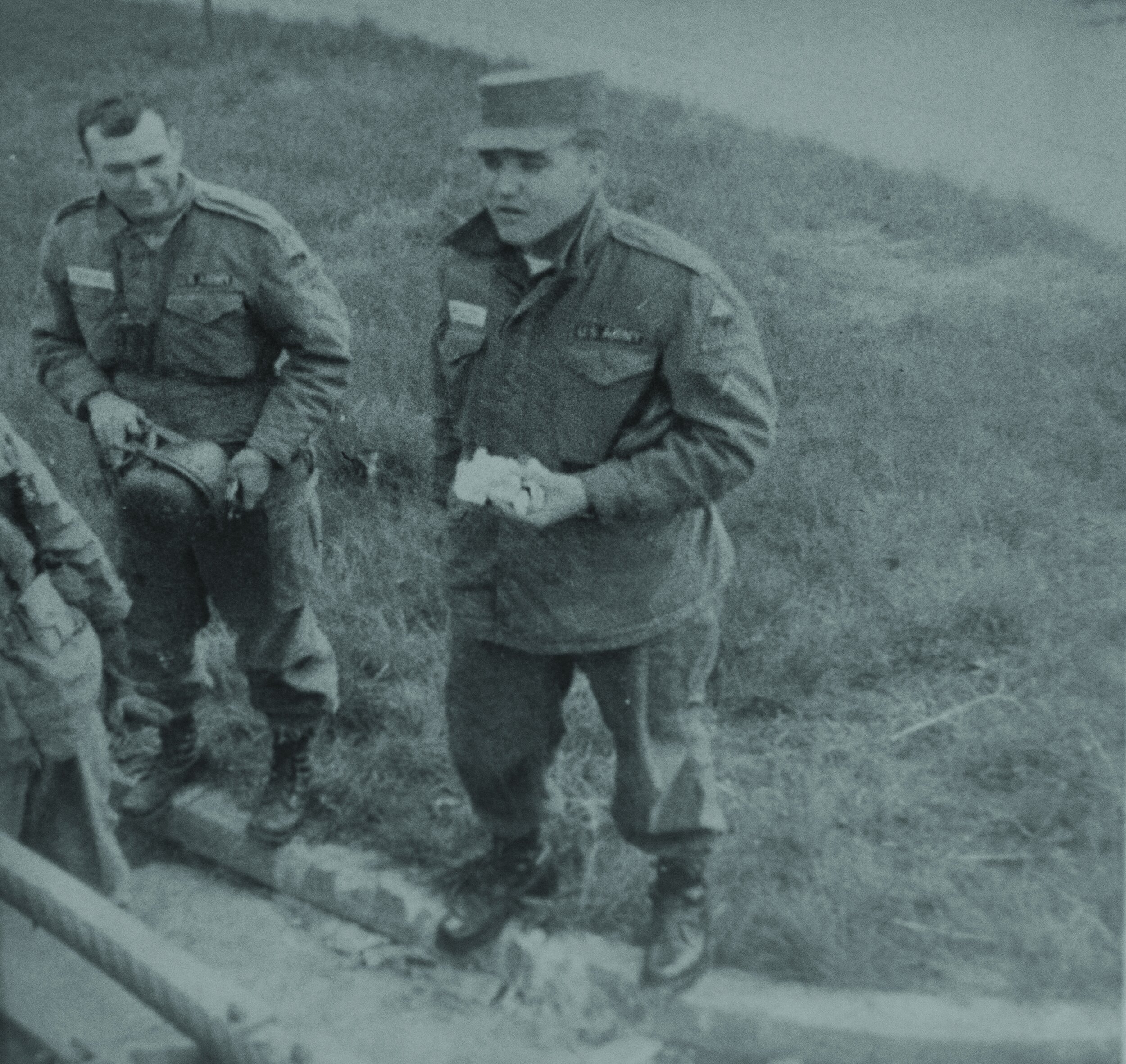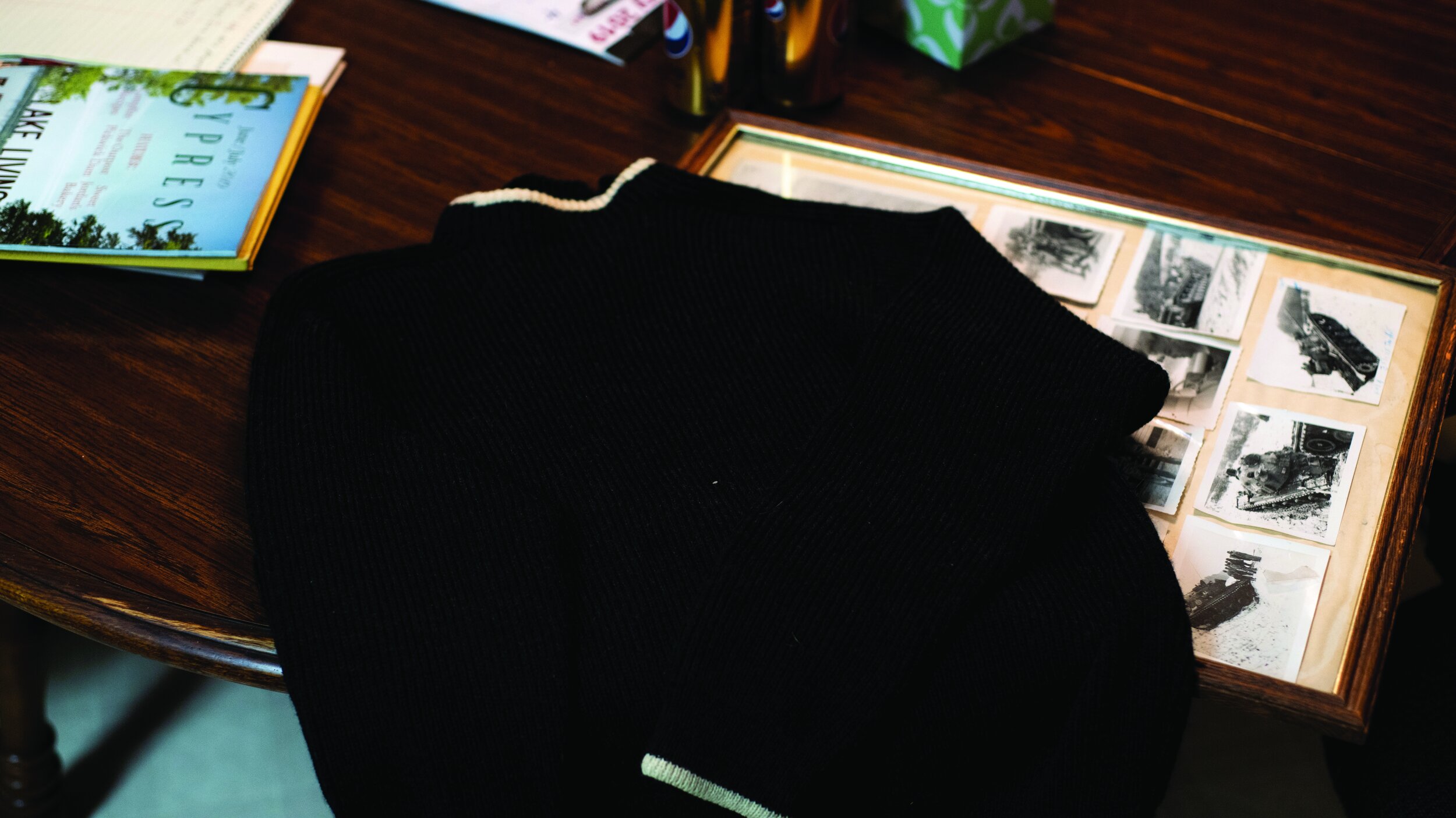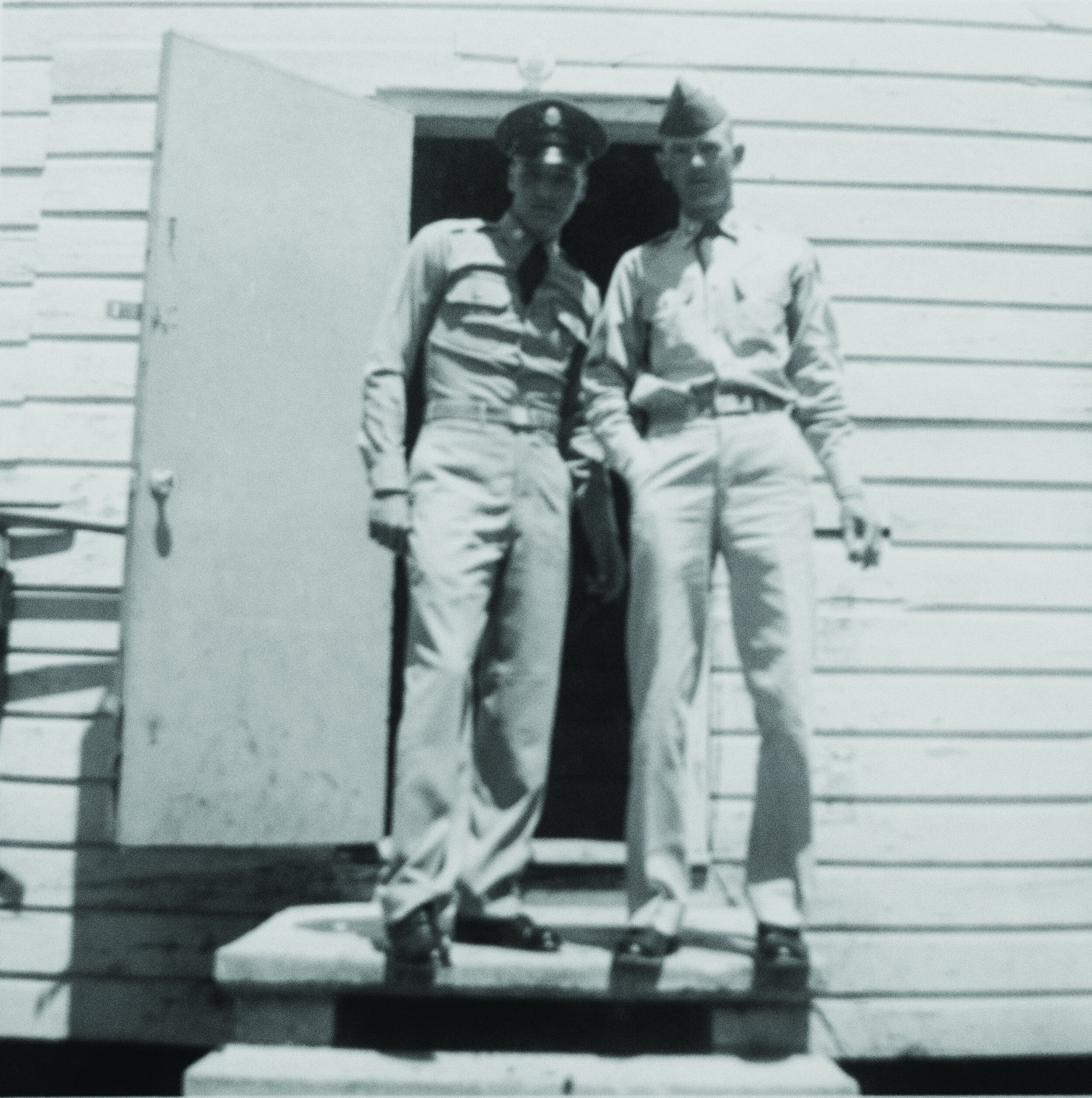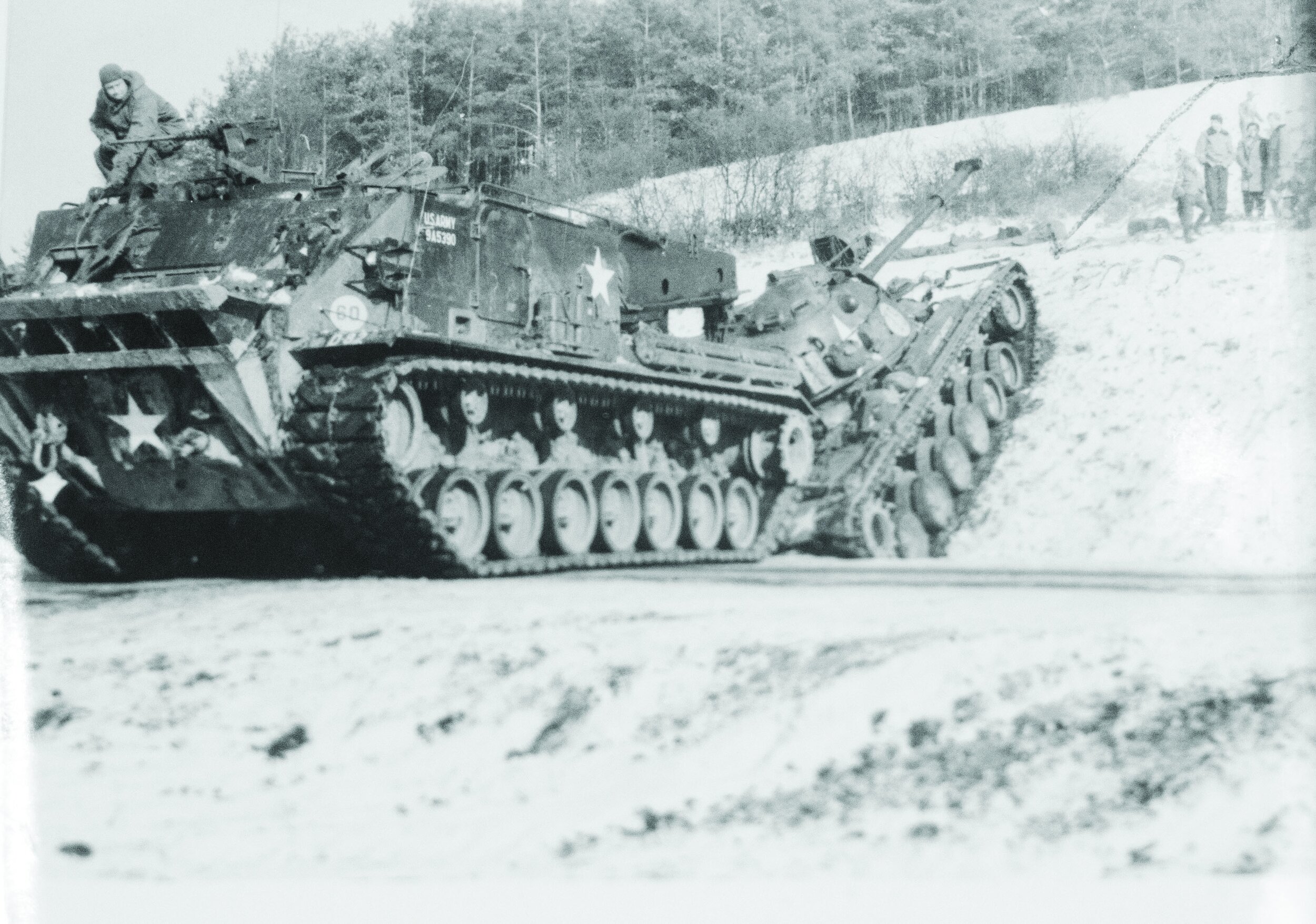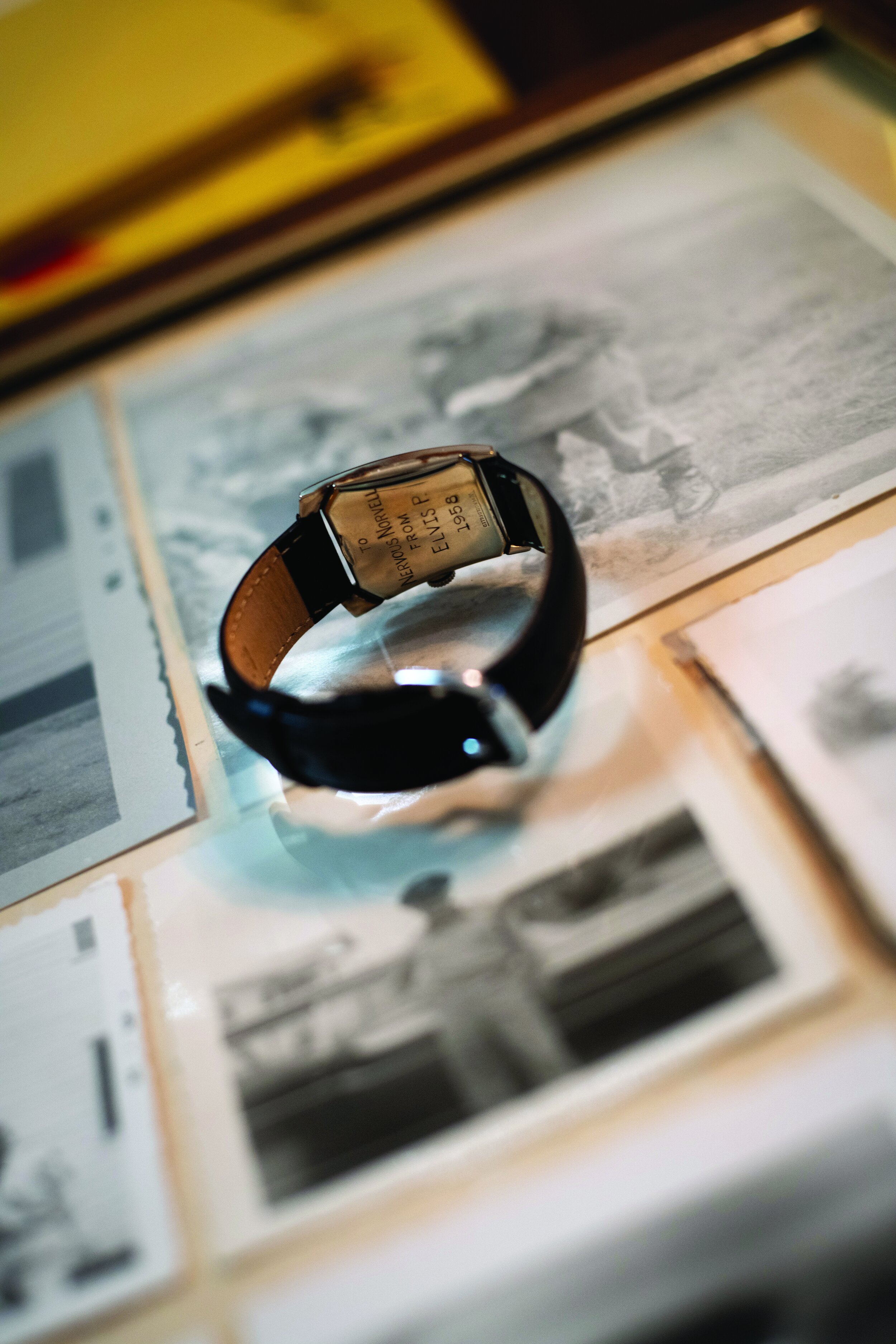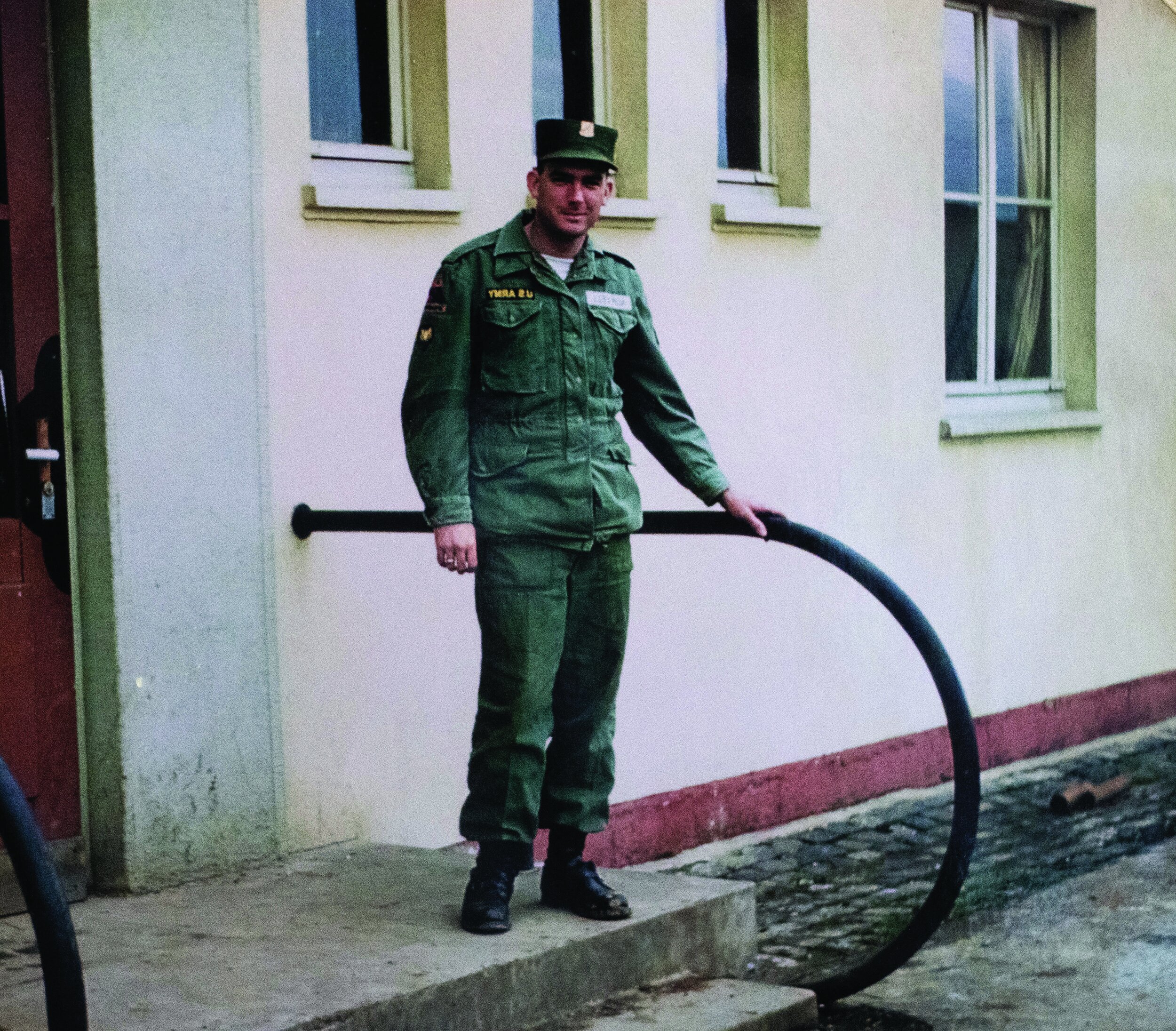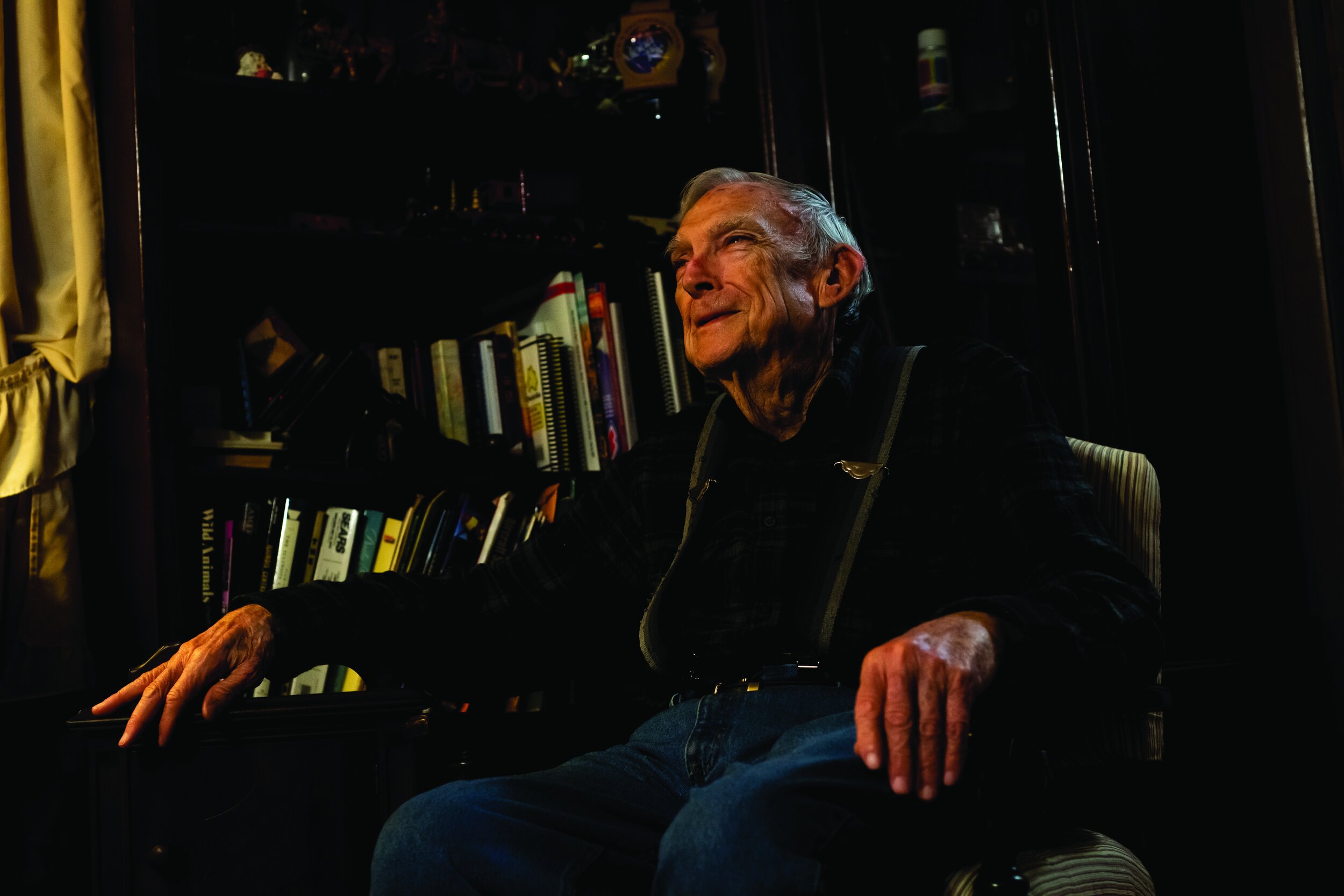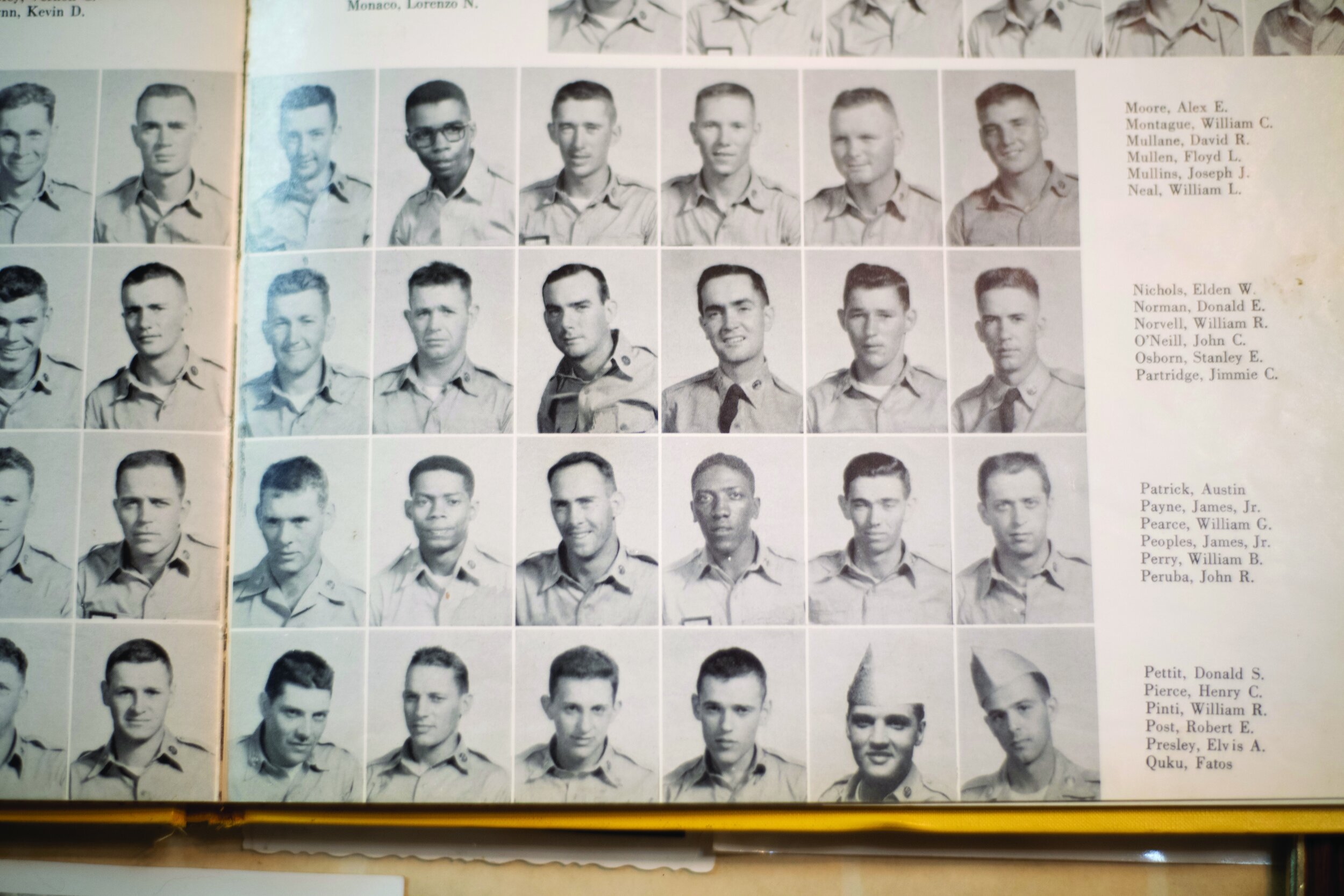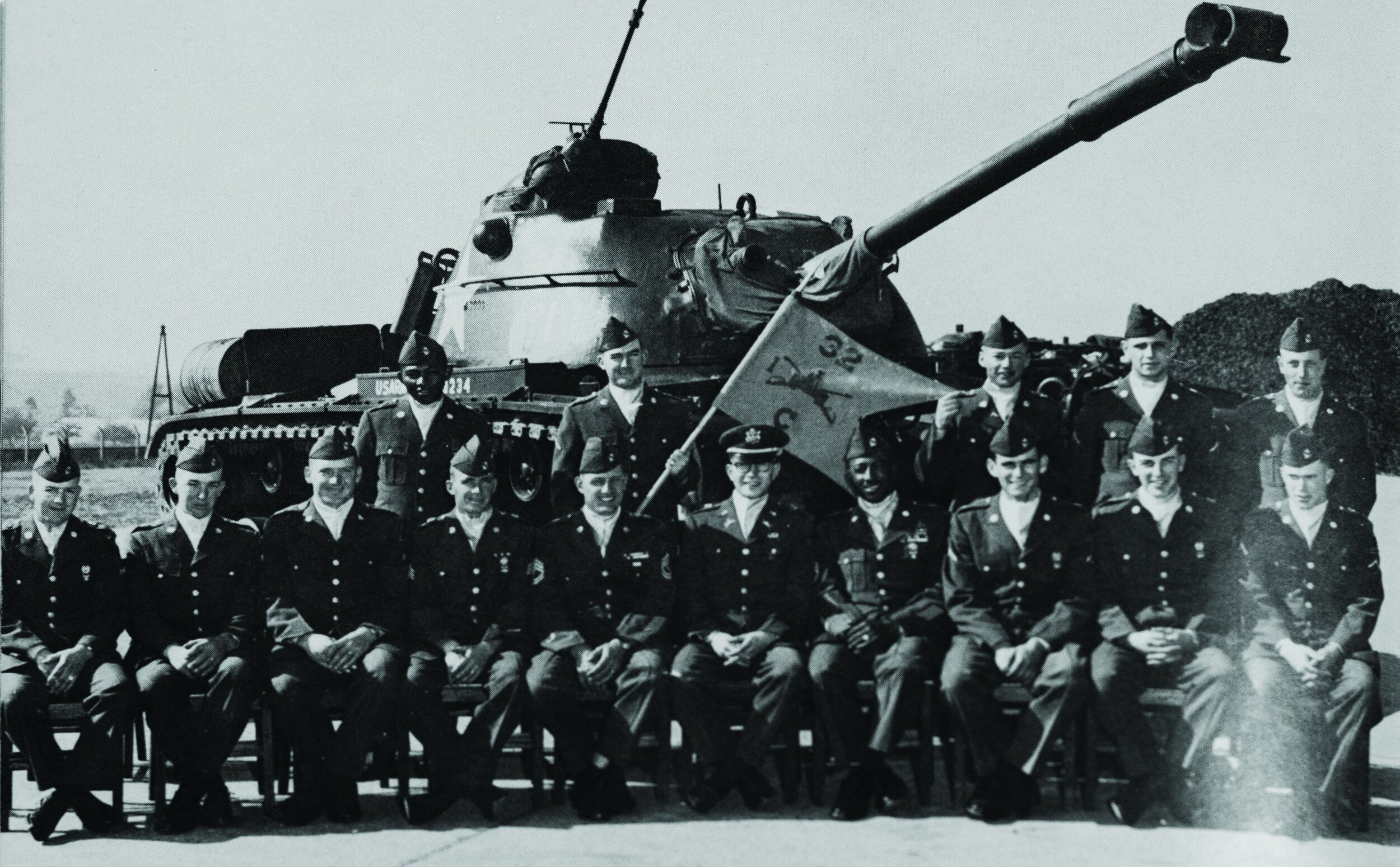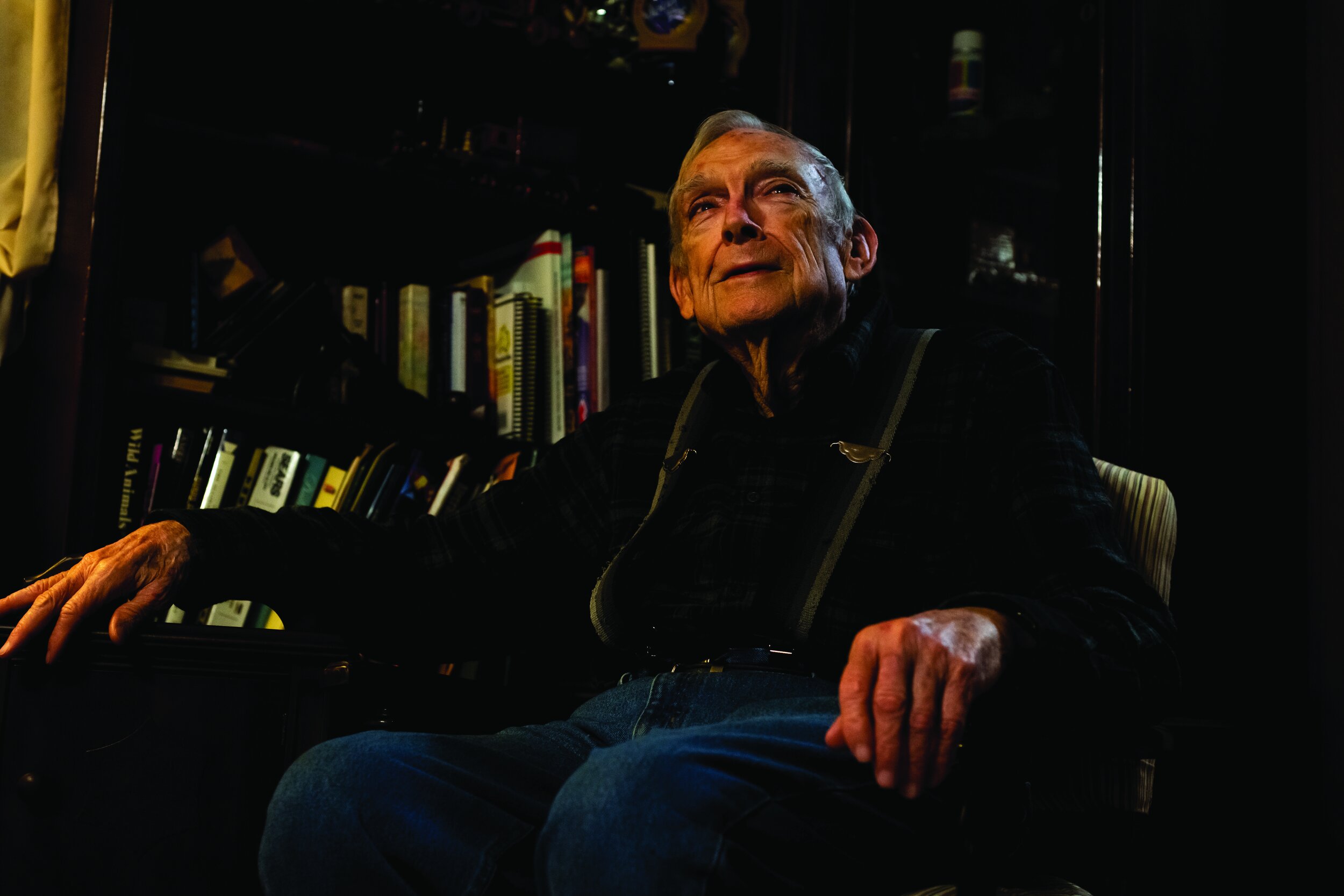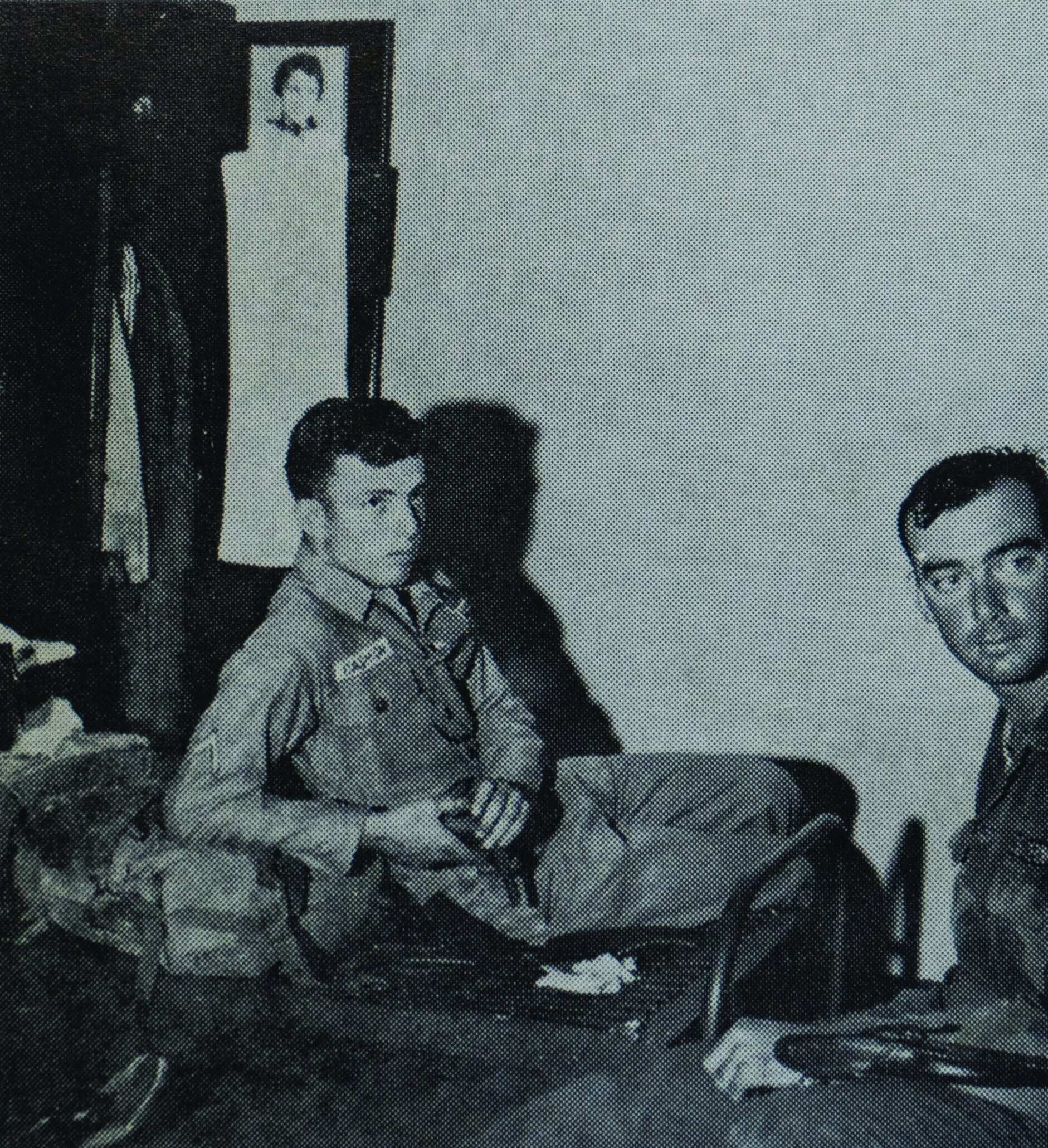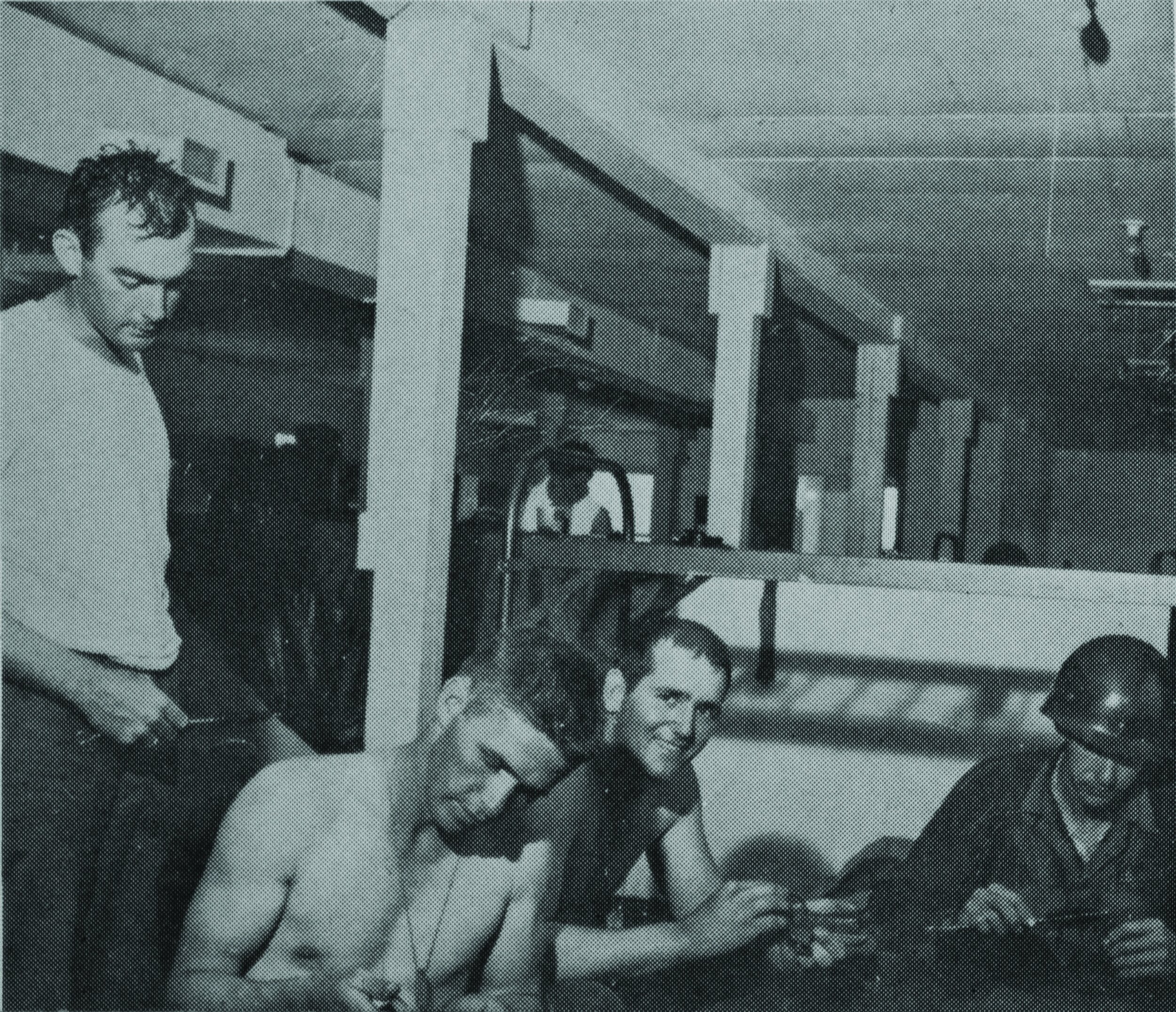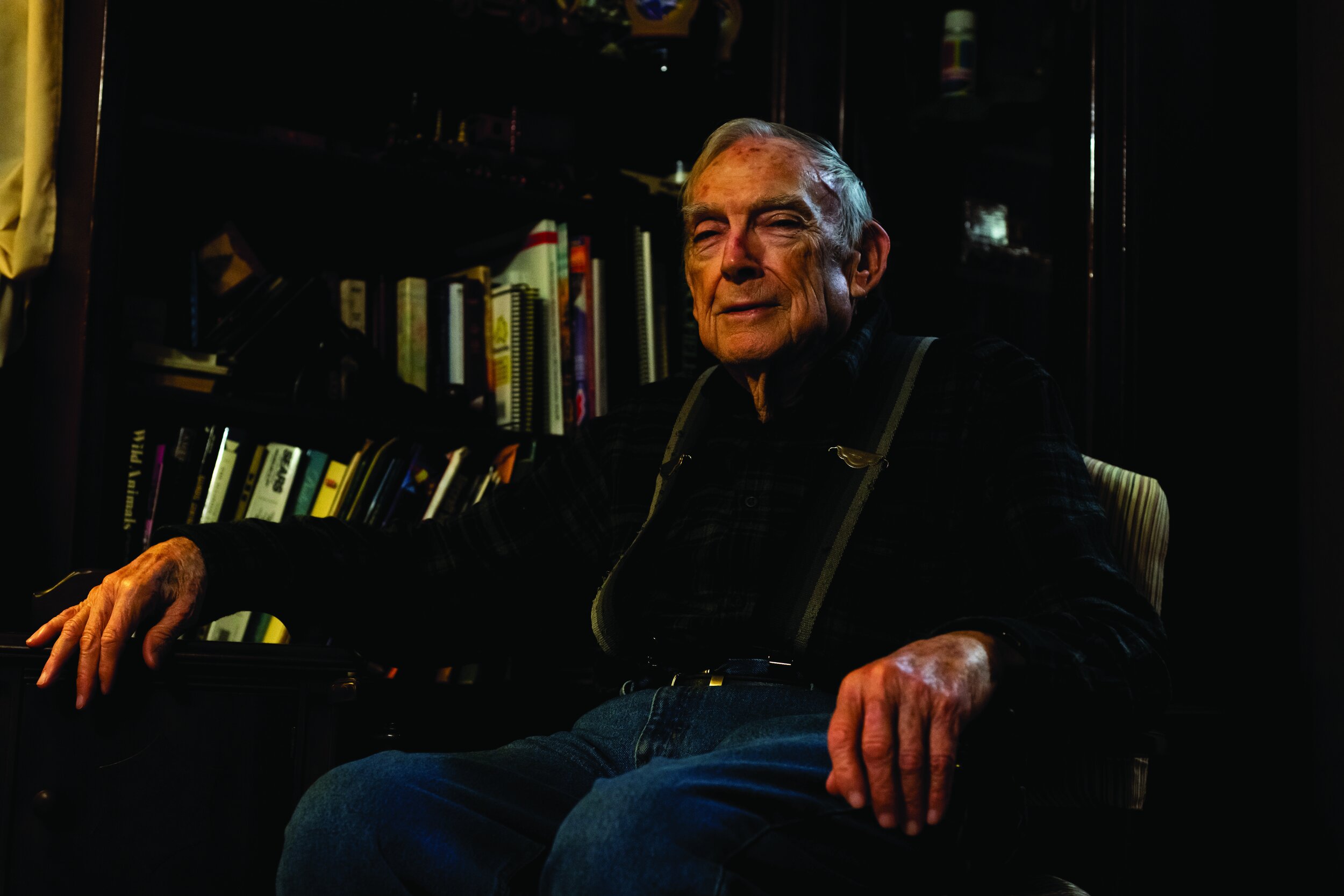Just Like Any Other Friend: Bill “Nervous” Norvell
by Anna Cooper—Associate Editor
During a time when America was in turmoil, a young man made a friend of a lifetime, that turned into a lifelong friendship.
The Selective Service System is a part of an agency for the United States government. It requires every 18-year-old young man to register and be eligible for the draft until their 26th birthday. The last time the draft was used was between the years 1948 to 1973 to fill vacancies in the military which could not be filled through people enlisting. The US Military drafted nearly 3 and a half million young men during that 25 year period.
In 1958 alone, 142,246 young Americans were called to fulfill the needs of the US Military. William “Bill” Norvell was only about a month shy of his 23rd birthday when his number was called. “I was 22, they had to draft me before I was 23. They got me in March and my birthday is in April. I hated it.” Before getting drafted, Norvell was toeing his way into the ‘real’ world, “I had a good job—was just getting married. After I served, I was glad I did.” Having registered for Selective Service when he was 18, as is the requirement, Norvell was also in the Tennessee Air National Guard for six years by the time he was drafted. On March 24, 1958, he entered the US Army, swearing-in at the Memphis Selective Service Board #85. From the time Norvell swore in, he knew his time in the Army was going to be a little bit different.
Norvell happily talks about his time in the service and a particular man he would come to know very well, “Elvis Presley, I knew him from being at church in North Memphis; I’d met him previously.” Presley already had quite the following when he was inducted into the Army. His music career had begun in 1954, he picked music back up once his two years of mandatory service were over. Both men were Memphis area natives, the two hit it off pretty easily, especially when Norvell told him about being contacted by a national paper and how he ended up handling it afterward. “I had a magazine company try to get me to write just quotations from Elvis—anything he'd say. They’d pay me $25 per notebook page. My wife and I weren't making but $94 a month. They sounded good but I wanted to talk to Elvis before I told them anything. So, when we were at the center being processed, after the physicals and everything, I talked to Elvis and I said, ‘I know what they gonna do. They’re gonna take this out of character and put paragraphs together, make it sound like they wanted to.’ He said, ‘yeah, that's what they're gonna do,’ and someone did do that, but I refused to do it. They wanted into his private life and would have changed the quotations.” Those who knew him or worked with him all say the same thing: Bill Norvell is an honorable man. He waited to tell the publication, “I didn't tell the magazine company till just before we got on the bus. I called the man and I told him I wasn't gonna do it.”
Norvell’s interactions with Presley didn’t end there, especially not that day. “We sat on the bus and went to Fort Chaffee, Arkansas. We got all our physicals here in Memphis, at the old Veterans Hospital that was here in Memphis and we were going to stop in West Memphis for food. When we got to West Memphis, you couldn’t even get into the place, it was kind of like a Brittlands or a Piccadilly. You couldn't even get in there for all the people. They'd already got the word out. So the bus driver just kind of made a circle and we went on to Fort Chaffee without anything to eat. We got orientated at Fort Chaffee; got there that night, that afternoon, and they gave us our barracks and everything. We still had our regular clothes. Elvis and I were in the same barracks together. They kinda ended up putting us together,” during their basic training at Chaffee and then at Fort Hood, where they were stationed after. “We stayed together everywhere we went. For some reason or another, we were able to stay together. I mean we even took our aptitude tests together” for their job placement. You could say that the days spent at Fort Chaffee were the building blocks for their time in the Army, and their friendship after.
After a long first day—being sworn in, traveling, getting their orientation stuff—the new US Army members settled down for the evening. “So that night, I'd just got married, you know, I had the wedding ring and I fooled around with that ring. I pulled it off and I was thinking about my wife. I dropped that ring. I was on the top bunk and I heard it hit the floor. They had already said to turn out,” for the night, “the bugle had already blown.” The barracks were black and these young men, still strangers, faced worries about their futures. Norvell himself was concerned about his new bride Ivie; they had only been married a few weeks and he had already lost his wedding ring! As soon as it fell though, Norvell whispered to his bunkmate. “I said, ‘Elvis, I dropped my wedding ring.’ He was on the bottom bunk. So I got out of the bunk, crawled down to look for the ring. Elvis did the same, “He got down there and we were crawling around on the floor. So then finally, after a while, Elvis found it. I told him, ‘You know it’d be a hell of a story if they’d caught me and you crawling around on the floor in here after the lights were out.’ He agreed with me.”
Presley and Norvell ended up becoming friends during their time in the service. Presley wanted to be treated the same way as the other soldiers. Both men were placed in the armored division and transferred to Fort Hood, Texas. The Fort Hood barracks were from World War II and their company, A Company, 1st Platoon, was on the second floor. “It only had two commodes and two showers for all of us,” said Norvell. He explained that a platoon was five people and five tanks, in all there were 25 people on that floor of the barracks.
“I got a lot of breaks on account of Elvis, I do know that. But I know Elvis did everything that any other soldier did.” Norvell and Presley worked together to “wash garbage cans. We cleaned floors, swept streets. Now we were really careful with how we washed the garbage cans. The garbage cans were corrugated around and stuff can get down between where it hits the flat metal. We washed them real good, cause they took them garbage cans and after we cleaned them real good, they mixed up the orange juice that we drank in them, so we cleaned real good. I hope the rest of the boys did.” It was dirty, hot work, the type that you don’t need something, like a hat brim, blocking the view, “We had this guy, it was the only time I remember anyone saying anything to Elvis about his uniform. He took his cap off, down in that garbage can and his Sergeant from an infantry company came over, and he wasn’t even in our outfit. He chewed Elvis out because he didn’t have his cap on. So I told my First Sergeant about it and the man got chewed out.” Norvell later found out “my First Sergeant looked him up” to give him a piece of his mind.
One of the only things Elvis couldn’t do with Norvell was be around people, so that meant no guard duty, instead, he would pull what they called CQ or Charge of Quarters. “When everybody else would pull shifts for guard, he would pull fire watch,” meaning he was a roving guard for the barracks. Eventually, the platoon got out of quarantine. “Elvis and I were in a great big competition with each other. I used to work at a sawmill and then I worked at a chemical plant.” The physical requirements that those jobs needed gave Norvell an advantage. “I was in good shape, but when we got into the physical education portion if you could qualify after their test, you know, they wouldn’t give you any more education. You could get an easy job, something else to do like cut grass or something. I beat Elvis,” at the physical education test, “and that really hurt him because I was a pretty good man back in those days.”
Norvell and the rest of Presley’s Army buddies were kind of the precursor to Elvis’ Memphis Mafia, “Elvis didn’t get any mail. Mr. Presley,” Elvis' father, “sent me any mail” he wanted to send his son. Norvell would get mail addressed to him for Presley and would pass it on to Elvis. They did this to ensure Presley actually got correspondence from his closest friends and family, instead of it ending up in the wrong hands. Mr. Presley “sent me a check every week for $1,000 and I would give it to Elvis. He may have offered me some money,” but Norvell was never one to take advantage of people. “I would cash it and give the money to Elvis. I got everything Elvis got. Of course, all of his other mail was answered by an answering service somewhere in California.”
Things ended up settling down and Norvell settled into a routine. “When we got where we could get off base and get a weekend pass. Knowing Elvis, we got a weekend pass about any time we wanted it, just about every weekend we’d try to get one. This was after he got his car down there, it wasn’t until later on that I did.” Norvell never had much luck when he would try to pay his way around Elvis, “we used to go to the restaurant on the base and I would try to pay my way. One day, it was about the second time, Elvis told me, ‘look, Norvell. Put your money up, I got more money than I can spend. Don’t get your money out no more, don’t bother me no more.’ He said a few cuss words and I said ‘Okay. I want to pay, but that’s fine. I’ll put my money up.’”
The King of Rock and Roll liked to give nicknames. “Nervous” Norvell, contrary to speculation on the internet, did not get his nickname due to the sound of his voice, the nickname stemmed from spending time with Presley on their weekend leaves. “Elvis and I would go down to Dallas-Fort Worth and we would stay there. It was the biggest, nicest place I've ever seen. Elvis paid for it all, wouldn’t let me pay. The reason he called me Nervous Norvell was, we didn’t even have a key for the trunk. When we put in luggage or anything we would have to put it in the car—that thing didn’t have an automatic trunk release because it was a hand-built car. Elvis drove that thing like a, well the speed limit was 65, he drove 75 or 85. I’d say ‘Elvis slow down. You’re going to have a wreck.’” All that worrying about the trunk and the speed limit earned Norvell his nickname. “So he kept calling me Nervous Norvell. I was a real conservative. I was a one-on-one child (only child) of course Elvis had gone all over the world. We did get stopped, even if it was for his signature, but we never got in that trunk as long as I rode in that car.”
Watch Inscribed: To Nervous Norvell From Elvis P. 1958
Ivie, Norvell’s wife, was never far from his mind during this time. “I had my wife come down there right after we got off quarantine. She came on a train. The train got stopped or a bridge washed out, all this kind of stuff. She didn’t get there until it was just about time to leave,” and head back to Memphis. Understandably, Norvell was a little downtrodden. He had paid for the trip out of pocket, “Elvis asked me, after ‘Would you like to have Ivie come back next weekend?’ And I said ‘Yeah I would Elvis.’” Norvell didn’t expect what would happen next. “So Elvis said, ‘When would you like for her to come? Next week? We can get a weekend pass from now ‘til we go to Germany.’” It was happening. Norvell was going to get to see Ivie, actually be with her for a while before heading overseas. Then Presley told Norvell, “‘Well I would like for Anita to come down too.’” So Presley set it up so Ivie, Norvell’s wife, and Elvis' then-girlfriend, Anita Wood, could come to Texas so they could see the ladies when they had weekend passes. “So Elvis ended up flying Ivie down there and then she was to stick with Anita because back in those days people would talk about how Elvis was down there with Anita and all this kind of stuff. Elvis didn’t want the other girls, his fans, to know about it. They printed it up that she,” Anita, “was staying with Sergeant Norvell’s wife.”
During their time in Fort Hood they were a part of the 2nd Armored Division “Hell on Wheels,” during their time in Germany, Norvell and Presley were also a part of the 3rd Armored Division. Originally, when they got to Germany, “they gave Elvis a tank as a tank commander and they gave me a tank first off. His old tank caught on fire. A bunch of leaves got in, it was an air cool engine and a bunch of leaves got in the exhaust pipe and it set the leaves on fire. It wasn’t no big fire and there was a CO2 fire extinguisher that didn’t put it out, so we had to put it out—poured water down there.” Once the smoke cleared, Presley didn’t get to keep his tank while in Germany, “they took Elvis out of the tanks because Tom Parker thought that it might bother his ears and his tone. They put him in the Scout Platoon which was in the same division the 3rd and 2nd Armored. I ended up being a tank commander for the 2nd rig, so that’s where I was for the rest of the time I was in Germany. I used to be in the autobody shop business before I went in the Army and I painted that old tank inside and cleaned it and I got some trophies off of it when I was in Germany.” Norvill moved up from gunner to tank commander and achieved E4 before his discharge. Presley and another friend of theirs, Rex Mansfield, both made Sergeant about a week before they all got out of the Army.
There are a dozen more stories from Nervous Norvell from the time he spent in the Army. There’s a couple from when they were still stationed at Fort Hood where he and Presley would go to the movies, dinners, and end up seeing some of Elvis’ fans. There is one in particular where a young girl fainted! The best stories, however, are the two where Norvell, and Ivie too, got some very special treasures. “We were in Elvis’ house one night and Elvis was playing piano. Now, he never sang. Never did sing. We put on some shows, but all he would do was play the piano. He would not sing. I don’t know if it was in the contract or what it was, but he played that piano like nobody you'd ever believe. We were at his house. It was cold over in Germany cause they heated the houses with little coal stoves. About 60 degrees was as warm as you’d get. We were over there to party at his house and my wife was sitting there all cold.” Elvis asked her, “‘Ivie, you cold?’ She said, ‘yeah, I’m cold.’ He took a sweater off himself and he’d give it to her.” The dark gray sweater, with a white stripe around the neck and at the bottom of the sleeves, is made of wool. This treasured piece of Norvell’s is not only a fond memory he has of Elvis but also of his wife. Mrs. Ivie was a wonderful wife and a great mother to their children, Sandra and Michelle.
Looking at the sweater, Norvell was quick to tell another story about Presley and Ivie. There were quite a few people over at Presley’s house including the Norvells; “they were all dancing and Elvis was playing piano and started playing a waltz. I forget which one it was and I liked to dance with a waltz because it’s kinda slow. I said, ‘Come on Ivie. Come dance with me!’ She said ‘I don’t know how to dance.’ So I said, “Well I’ll show you, stand on my shoe toes and I’ll show you how to waltz.’ Everybody else was dancing, Elvis still playing piano. So we kept on and kept on and she just absolutely was not dancing. She wouldn’t let her brother bring a can of beer and put it in my refrigerator if he’d come out and visit—he’d have to keep it in his car. She was a devoted Church of Christ person; they don’t believe in that. Eventually, Elvis quits playing. He gets up and goes, grabs Ivie’s hand that was sitting on the couch. Pulls her up and says ‘Come on Ivie you’re gonna dance with me!’ She said, ‘I don’t know how!’ He said, ‘Well, stand on my two shoes. I’m gonna show you!’ So Johnny Hodgeson started playing the piano and she danced with Elvis. I tried after to get her to dance with me, but nope! The only person in her life, she lived to be 70 years old, she danced with was Elvis Presley.”
Presley gifted a watch to Norvell, inscribed: To Nervous Norvell From Elvis P 1958. While the watch no longer works, Norvell has gotten the crystal replaced. This treasured gift from his dear friend is one of the only things he ever really accepted from Presley. Sure the King of Rock and Roll shared the wealth with those around him, but Norvell never made a dime off of his friendship with Elvis; not when the BBC (British Broadcasting Corporation) interviewed him twice, nor when a local newspaper interviewed him, or that time that a national magazine tried to pay him for quotes from Presley. Bill Norvell appreciated Presley’s friendship. Before Presley’s death, there were a couple of occasions where Norvell visited him at Graceland. Norvell misses his old friend but treasures the memories they all made together.
Norvell ended up opening an auto body shop in Millington. He became known as a trustworthy, hardworking pillar of the community. Even though he had stopped going to Graceland a while before Presley’s death on August 16, 1977, he always considered the King a good friend, putting pictures of them both up in the shop as his old customers remembered fondly. Mr. Bill Norvell would like to thank everyone for their support when Norvell’s Millington Body Works was open. He appreciates everything everyone over the years did for him with special thanks to Mr. Russel Stevens the father of Quito native, Bobby Jo Stevens who is still good friends with Mr. Bill.


